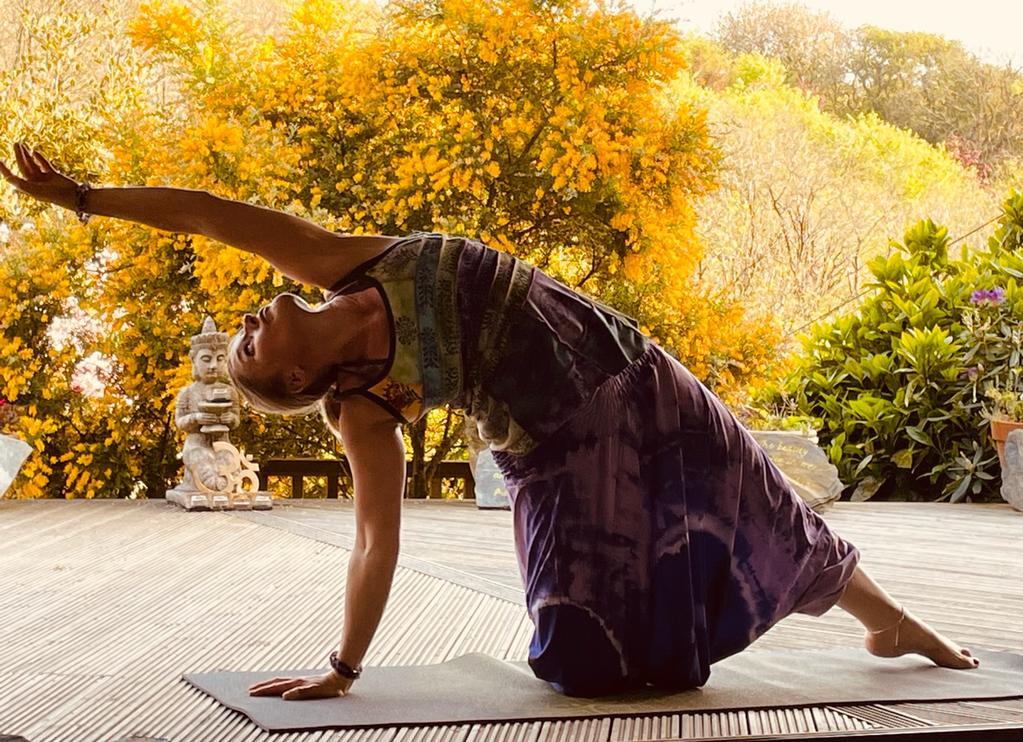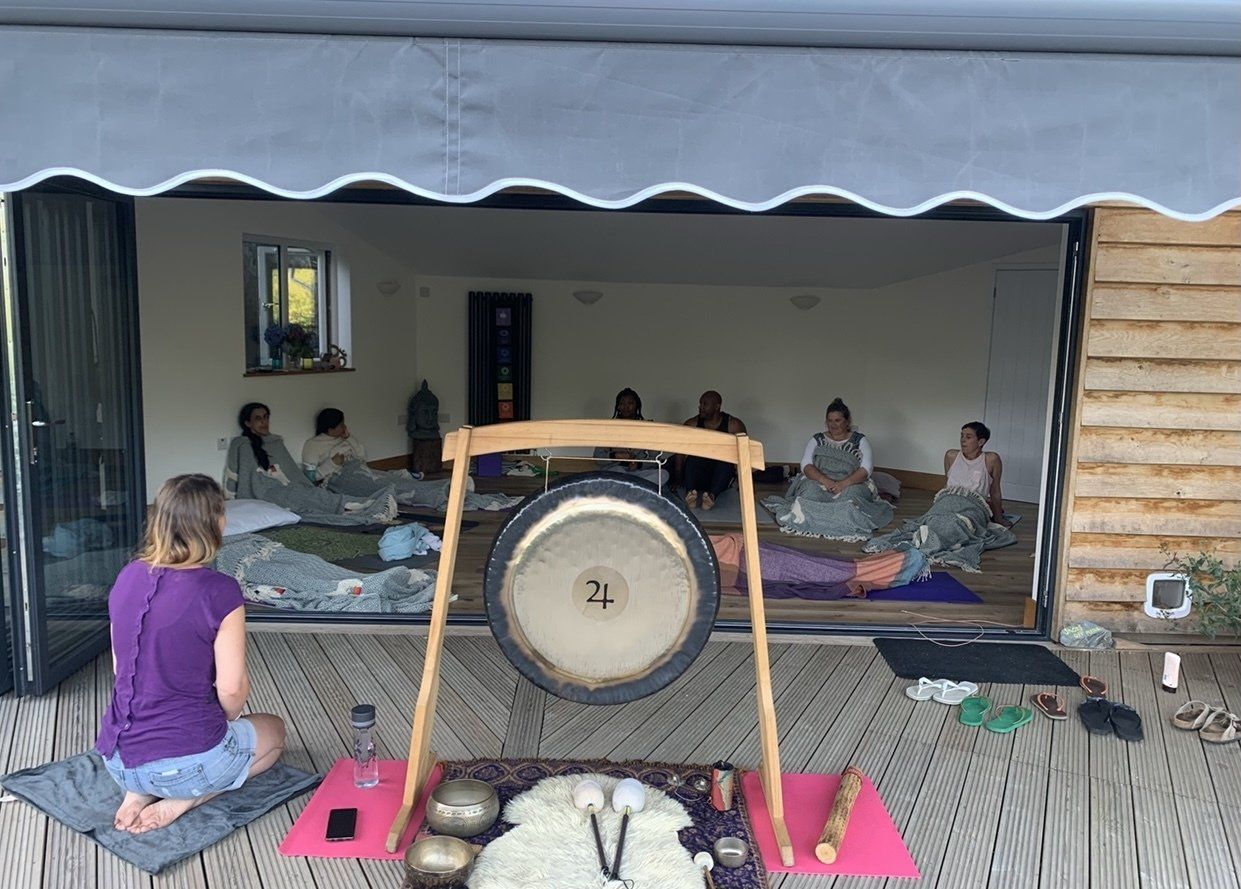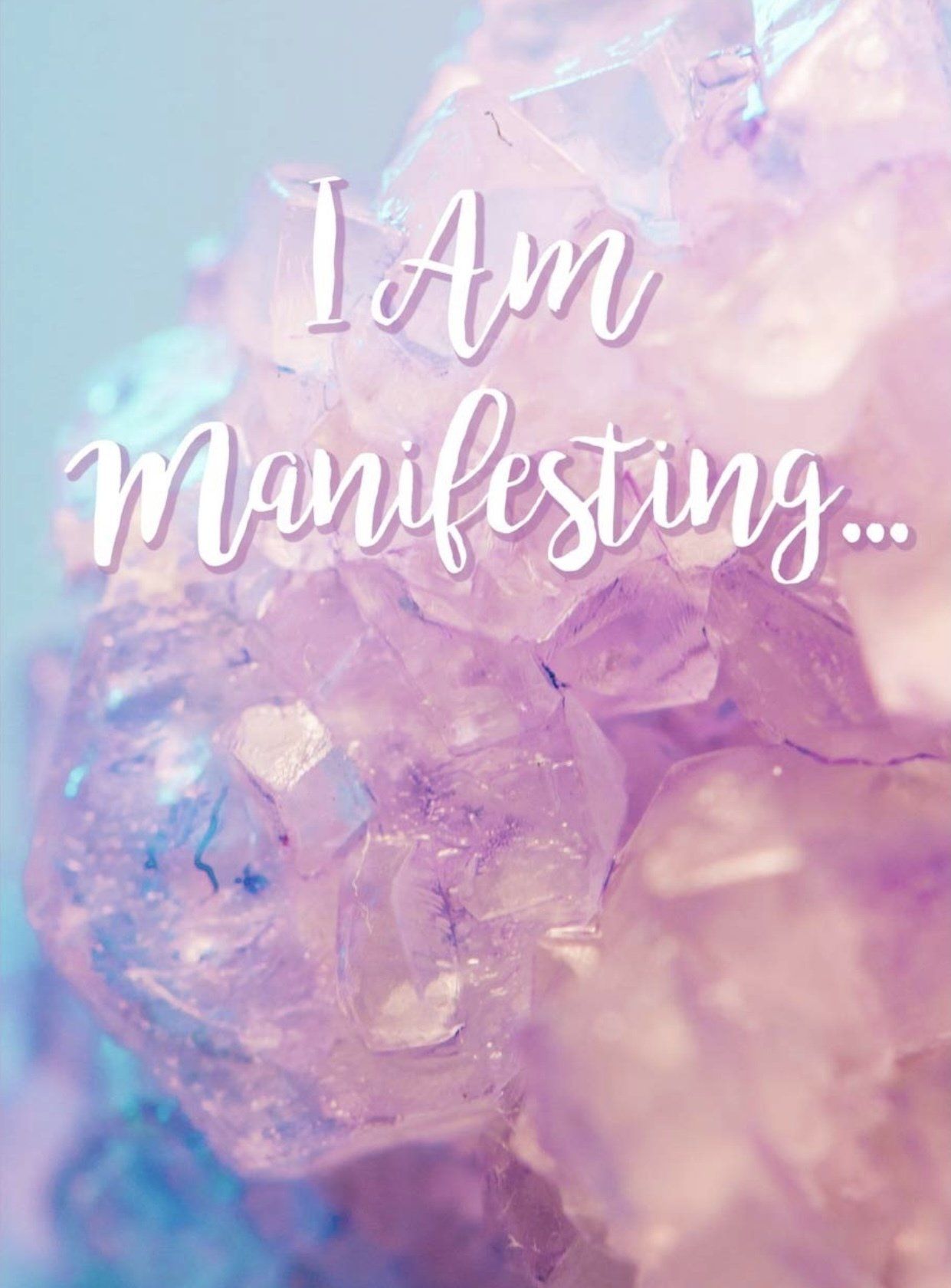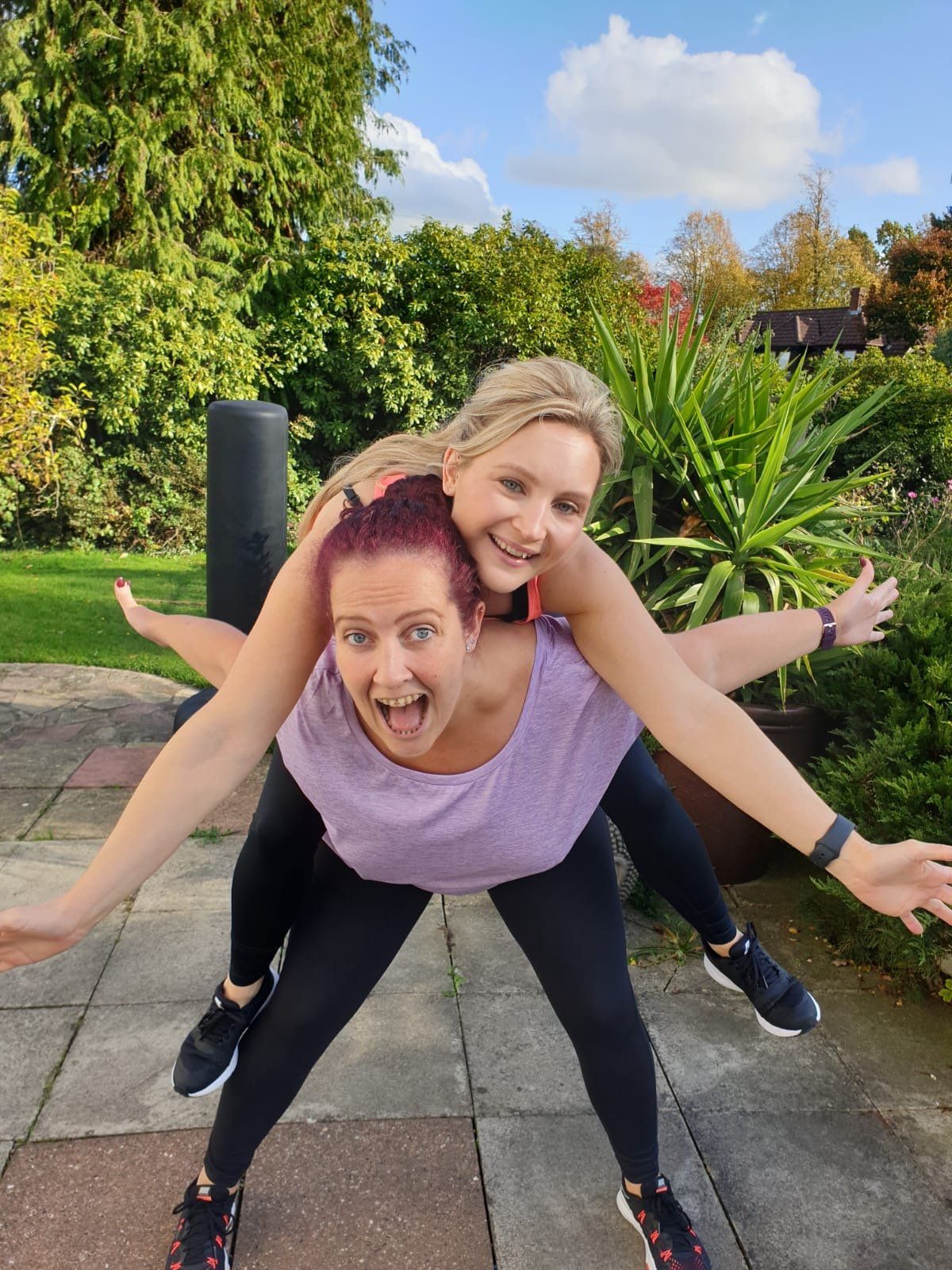Yoga and Mental Health

YOGA AND MENTAL HEALTH
There is a growing body of research to back up yoga’s mental health benefits. Yoga increases body awareness, relieves stress, reduces muscle tension, strain, and inflammation, sharpens attention and concentration, and calms and centers the nervous system.
Yoga’s positive benefits on mental health have made it an important practice tool. It has been shown to enhance social well being through a sense of belonging with others, and improve the symptoms of depression, attention deficit and hyperactivity, and sleep disorders.
Clearly, mind and body practices, like yoga, meditation, deep breathing and prayer help to reduce stress and improves stress-related nervous system imbalances, but how do they do this? Is there one main mechanism at play here?
Researchers say it is the relaxation response that accompanies these mind and body practices that lead to the many improvements to physical and mental health. A new study finds that the deep, physiological state of rest induced by such practices produces immediate positive change in the expression of genes involved in immune function, energy metabolism and insulin secretion. For the body to relax at a nerve and cellular level, we need to alter body processes that shift us biochemically from a state of excitement and tension to a state of calm, deep rest and relaxation. Only deep breathing that accompanies mind-body practices like yoga can do this. You might be wondering how could the holding of a physical pose, like dolphin pose, neurobiologically relax you and also strengthen the mind and body?
Yoga practice changes the firing patterns of the nerves and chemical makeup of the body’s fluids and blood gases that activates a relaxation response. By concentrating on carrying out the specific body posture and alignment of a pose and then holding it as you breathe deeply, the body starts to shift from a state of biochemical arousal and tension to calm and relaxation. Relaxing yourself deeply into a yoga pose through deep breathing lowers the brain’s response to threat. The body starts to turn off arousing nerve chemicals, like adrenaline and stops dumping fatty acids and sugar into the bloodstream for brain, muscle, and motor energy. Also, sodium leaves the inside of the body’s cells. This slows down the rate of nerve firing and further relaxes your brain, heart, and muscles. This state of biochemical relaxation oxygenates the blood, restores blood acidity and alkalinity balance, and reduces heart rate, blood pressure, and motor Yoga postures work on all systems of the body. Besides strengthening and elongating muscles, yoga postures tone up glands, internal organs, and spine nerves. Additionally, increased blood flow helps the digestive system to better extract nutrients from the foods you eat and the lymphatic system to eliminate toxins from the body. Undoubtedly, yoga practice improves quality of life. We learn to note differences between tense and calm body processes so that we can implement a change through yoga postures and deep breathing. But, the practice of yoga over time also has psychological and spiritual benefits. In Sanskrit, yoga means to unite. As you grow in your ability to sense the relationship between your mind and body, you become more aware of dualities that exist in experience. The practice of yoga brings you to the awareness that there is a relationship between two ends of one phenomenon. You are body and mind. There is never a point in which you are just one or the other. Too, you are ego and spirit, tension and relaxation, pain and ease, balance and unsteadiness, love and hate, and separated and united. What does this awareness do for you? When you realize that opposites are only different expressions of the same phenomenon, your treatment of them changes. At the simplest level, you see that when you treat the body you are also treating the mind. At a deeper level, you start to live in an integrated way. You are not just a social identity, a personality—you are a public, relational, psychological and spiritual self. You begin to make choices that nurture and support your whole being. Is this food, relationship, lover or job good for me wholly? Do my choices positively affect and grow my whole being? These are the questions you begin to ask when you start growing in this overall awareness.
What is more, when you start taking responsibility for the whole of you, you stop locating problems as starting outside of yourself. You give meanings to experience that opens up choice, lets you problem solve, and allows you to keep growing.
There’s no better time than right now to take a stand for yoga. Collective Vitality’s Yoga classes can vary from gentle and accommodating to strenuous and challenging. You want to choose your style of yoga by physical ability and personal preference.
It combines three elements that include physical yoga poses called asanas, controlled breathing practiced in conjunction with the asanas, and a short period of deep relaxation.











